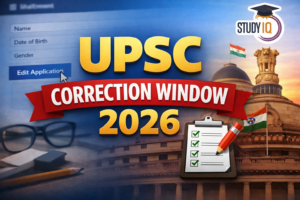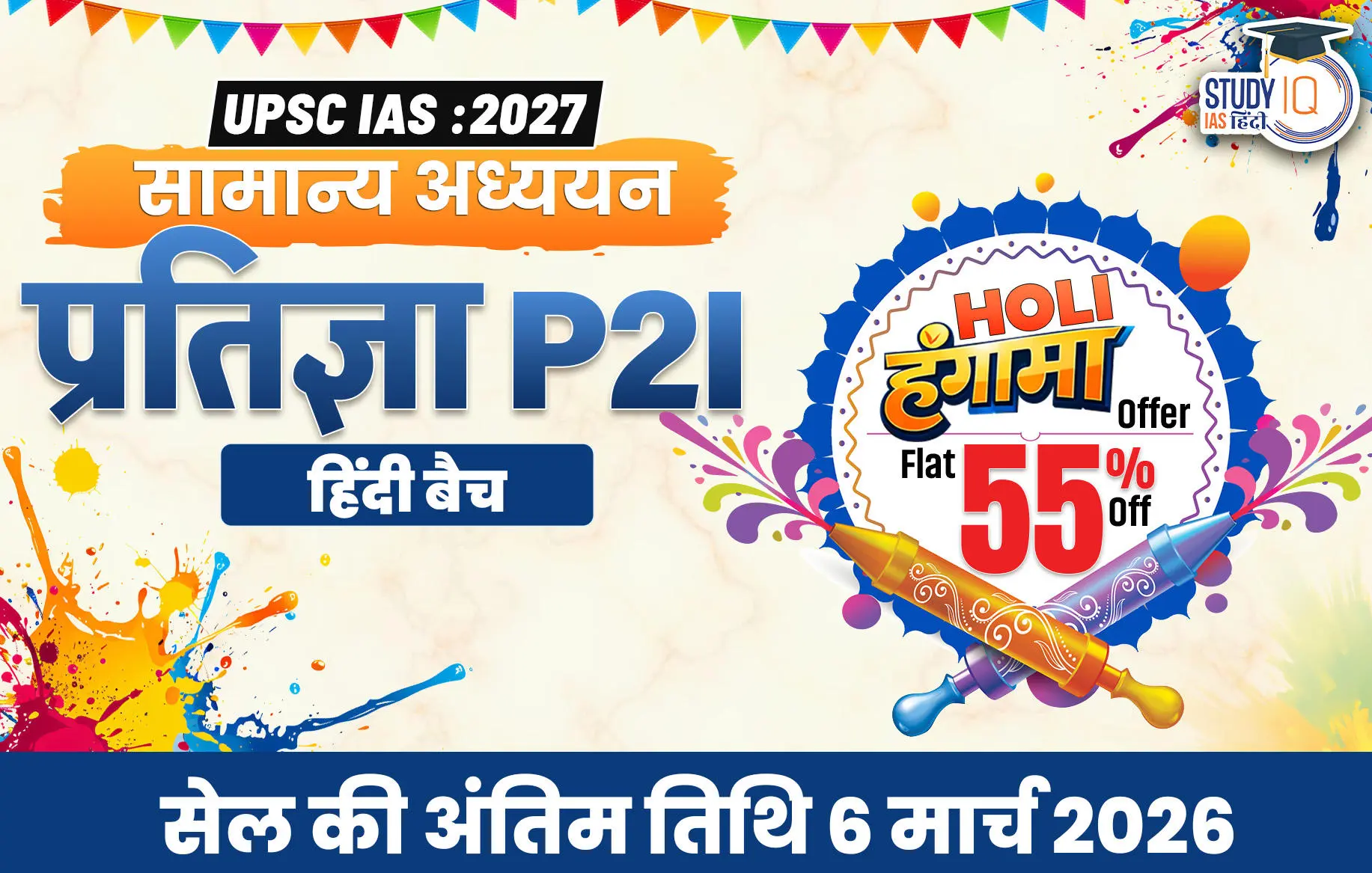Q15. How does nanotechnology offer significant advancements in the field of agriculture? How can this technology help to uplift the socio-economic status of farmers? (15 Marks,250 Words)
| Approach |
| Introduce with the brief information of the use of Nano Technology in the agriculture revolution. In the first art of the main body write the examples in different dimensions of use of Nano technology with examples. In the second part write the benefit to the socio-economic status of farmers. Conclude with linking it to doubling the farmer’s income. |
Nanotechnology, dealing with materials at the scale of 1–100 nanometers, is revolutionizing agriculture by improving productivity, sustainability, and resilience. It addresses challenges of low farm efficiency, excessive input use, and environmental degradation.
Advancements in the field of agriculture through Nanotechnology
- Nanofabrication: Enables the study of plant hormone regulation, such as auxin, which controls root growth and seedling establishment. This helps understand how roots adapt to various soil conditions, including marginal soils.
- Crop Disease Detection: Nanodevices like nanocapsules, nanoparticles, and viral capsids can be used for early disease detection and treatment in crops.
- Nutrient Management: Improves nutrient absorption, enables precise delivery of active ingredients, and enhances water treatment processes.
- E.g. Nano Fertilizers enhance plant absorption of nutrients, leading to increased fertilizer efficiency.
- Pest Management: Targeted nanoparticles minimize harm to non-target plant tissues and reduce environmental chemical exposure.
- e.g.Nano Pesticides help in Targeting specific pests, reducing the need for broad-spectrum chemical pesticides.
- Farm Management: Nanomaterials such as electrochemically active carbon nanotubes, nanofibers, and fullerenes facilitate soil analysis, biochemical sensing, water management, and efficient pesticide and nutrient delivery.
- Smart Dust Technology: Tiny wireless sensors can monitor temperature, humidity, and disease or insect infestations in vineyards and orchards, enabling real-time decision-making.
- Precision Farming: Given climate change challenges, precision agriculture is essential. Nanotechnology plays a crucial role in optimizing resource use and improving productivity.
- E.g.Nano Sensors help monitoring soil moisture, nutrient levels, and detecting pathogens or contaminants in soil and water, providing real-time data for optimized irrigation and fertilization.
- Food Management: Smart packaging technologies embedded with nanosensors can monitor food freshness, detect spoilage, and ensure package integrity during transport, storage, and retail display.
- Livestock Management: Nano-based nutritional supplements and multi-purpose nanosensors help monitor the physiological status of animals, improve nutrient absorption, and enhance milk production efficiency.
Socio-Economic Upliftment of Farmers
- Higher Productivity & Income: Improved efficiency of fertilizers and pest control → higher yields at lower input costs.Better storage and shelf life reduce post-harvest losses, ensuring more profits.
- Lower Environmental Risks: Reduced chemical use protects soil fertility, ensuring long-term farm viability.
- Access to Markets: Nanotech-based packaging and extended shelf life enable farmers to sell in distant and export markets.
- Employment & Skill Development: New agri-tech industries (nano-fertilizers, sensors, coatings) create rural jobs and require trained manpower, boosting rural economy.
- Resilience & Sustainability: Climate-smart nanotech solutions help small farmers withstand stress (drought, pests), reducing vulnerability to poverty.
By ensuring scalability, affordability, and safety, nanotechnology can uplift farmers’ socio-economic status and advance India’s vision of doubling farmers’ income and achieving sustainable agriculture.

 UPSC Final Result 2025 Soon: Check CSE M...
UPSC Final Result 2025 Soon: Check CSE M...
 UPSC Correction Window 2026: Dates, Dire...
UPSC Correction Window 2026: Dates, Dire...
 UPSC CSE 2026 Last Date Extended to 27 F...
UPSC CSE 2026 Last Date Extended to 27 F...




















